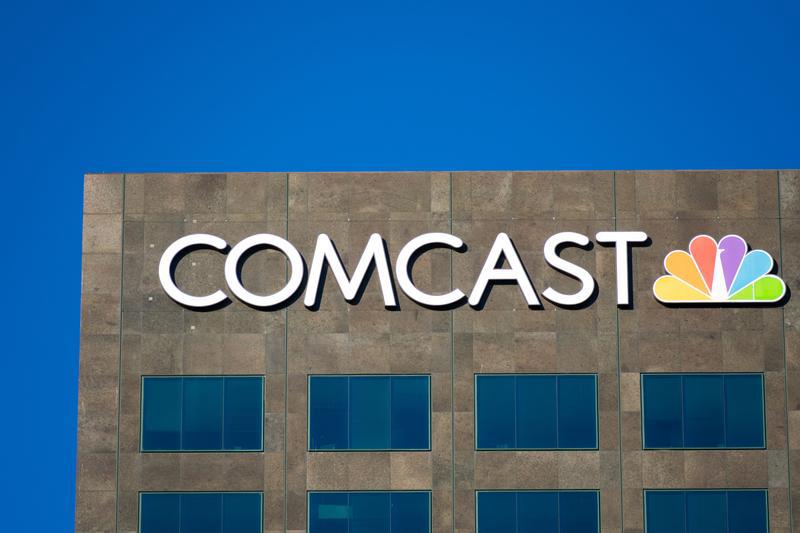Comcast, the company behind popular TV shows such as “Saturday Night Live” and “The Office,” has announced it will be dividing its family of networks. On Wednesday, November 20, the company made public its plans to create a new publicly traded company, spinning off major television entities like MSNBC, CNBC, and USA Network, among others.
This reorganization is much more than a mere corporate reshuffle. The newly formed company, provisionally known as “SpinCo,” will be in control of channels reaching 70 million homes in the United States and generating an annual income of $7 billion.
The division extends beyond news channels. Entertainment networks such as USA, Oxygen, E!, SYFY, and the Golf Channel will all be part of the new company. Notably, popular websites Fandango and Rotten Tomatoes, which are frequently used for movie reviews and ticket purchases, will also be included in this transition.
Mark Lazarus, the current Chairman of NBCUniversal Media Group, will serve as the CEO of this new media giant. Anand Kini will manage the company’s financial and operational aspects, assuming the roles of both COO and CFO.
NBCUniversal isn’t being entirely stripped down. It will retain its Peacock streaming service, the NBC broadcast network, its sports division, its news operation, and the surprisingly enduring Bravo channel. Additionally, NBCUniversal will continue to own its theme parks and movie studios.
The corporate reshuffling has also led to leadership changes. Donna Langley has been promoted to chairperson of entertainment and studios, while Matt Strauss will oversee Direct-To-Consumer, International Networks, NBC Sports, and other business operations as Chairman of NBCUniversal Media Group. Cesar Conde will continue to lead the NBCUniversal News Group.
Behind the scenes, this move hints at a broader trend: the shift from traditional cable TV to streaming services. While SpinCo commences with a strong financial position and the ability to pursue its own deals, it steps into a media world where an increasing number of cable subscribers are severing their connections.
Comcast’s chairman Brian Roberts will retain a third of the voting power in the new company. The entire process of separation is expected to take about a year, subject to regulatory approvals and other standard procedures.
For Comcast, this corporate division is projected to stimulate revenue growth without accumulating debt. With deep pockets from the outset, the new company will have the flexibility to scout for deals in the constantly evolving media landscape.











